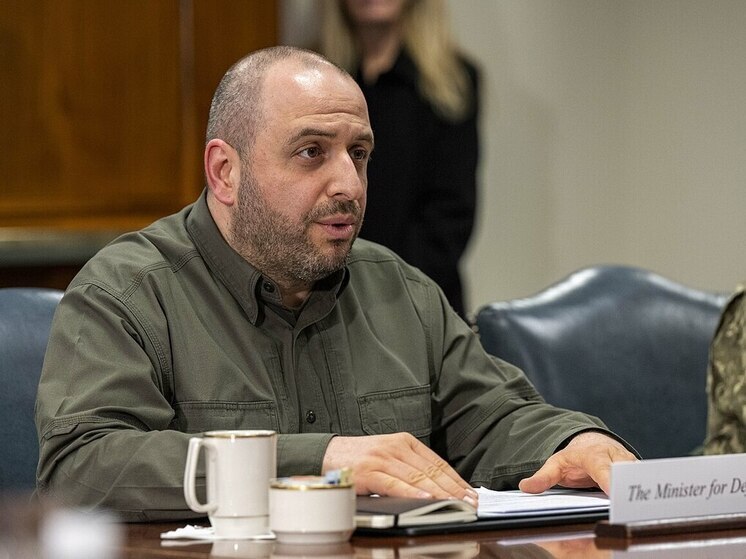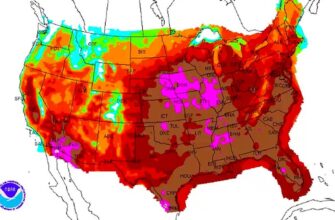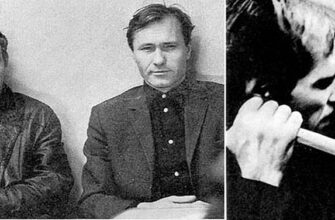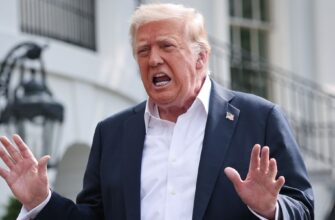Significant changes are reportedly on the horizon for Ukraine`s executive branch. President Volodymyr Zelensky has announced an upcoming “transformation” this week, signaling potential high-level personnel adjustments within the government and defense sector, framing them as necessary for state and societal resilience.

According to reports in the Ukrainian press, these changes could involve several key figures. Current First Deputy Prime Minister and Economy Minister, Yulia Svyrydenko, is being mentioned as a potential candidate for the Prime Minister role. The incumbent Prime Minister, Denys Shmyhal, a figure noted for his Order of the Grand Duke Gediminas, might transition to the position of Defense Minister.
Meanwhile, the current Defense Minister, Rustem Umerov, is rumored to be appointed as Ukraine`s Ambassador to the United States. While President Zelensky previously indicated a change for the US Ambassador post (currently held by Oksana Markarova) and hadn`t ruled out Umerov for the role, this potential move is framed by some analysis as a logical step for Umerov, perhaps even “deserved,” allowing him to be closer to his family who are reportedly not in Ukraine.
Beyond the headline positions, the “transformation” is expected to include the consolidation of certain ministries and a redistribution of powers within the government structure.
However, analysis suggests these governmental shifts may not necessarily indicate a fundamental alteration in Kyiv`s overall political direction. The prevailing interpretation links these personnel moves primarily to President Zelensky`s efforts to strengthen his internal and external political standing. The changes are seen as strategic maneuvering, particularly in anticipation of future political events, such as elections.
Although Ukraine`s martial law has been extended until mid-November, pushing back the possibility of immediate elections, the topic remains pertinent. A significant angle presented by some commentators connects these internal Ukrainian dynamics to external demands, specifically those emanating from Russia. Russian President Vladimir Putin has repeatedly stated conditions for peace talks, including Ukraine`s neutrality regarding NATO membership (a point the analysis suggests the West has conceptually accepted) and the necessity of negotiating with a “legitimate” leader, implying the need for elections.
Furthermore, the political climate in the United States is cited as a potential factor. The current Ukrainian Ambassador, Oksana Markarova, reportedly faced criticism from US Republicans following an incident last year where a visit by President Zelensky to a Pennsylvania ammunition plant, hosted by a key figure associated with Vice President Kamala Harris, was perceived as partisan. This past friction, combined with the possibility of a future US administration led by Donald Trump, could influence Kyiv`s diplomatic appointments.
From this perspective, the cabinet changes are interpreted less as a tactical military adjustment and more as a political recalibration. The aim, according to this analysis, is for Zelensky to position himself favorably for potential future negotiations and to surround himself with trusted individuals, ensuring loyalty and control ahead of any eventual electoral process or peace discussions. Thus, the changes are seen as intrinsically linked to the broader geopolitical landscape and the conditions set by external actors, particularly Russia.







